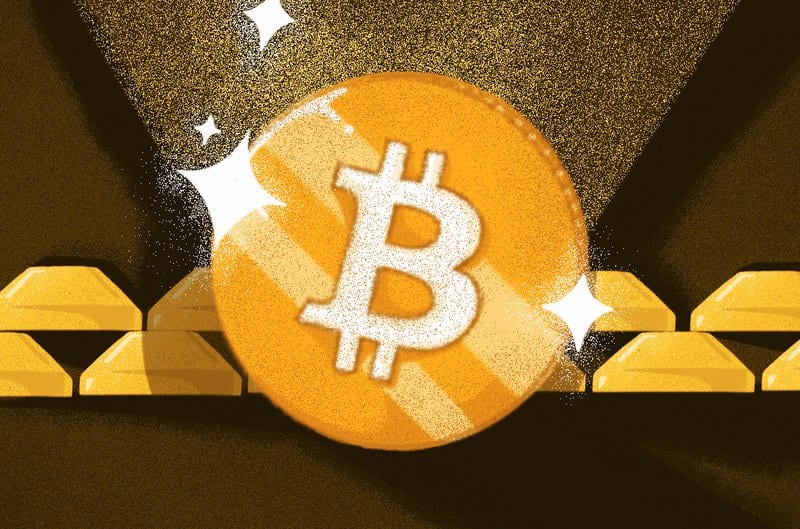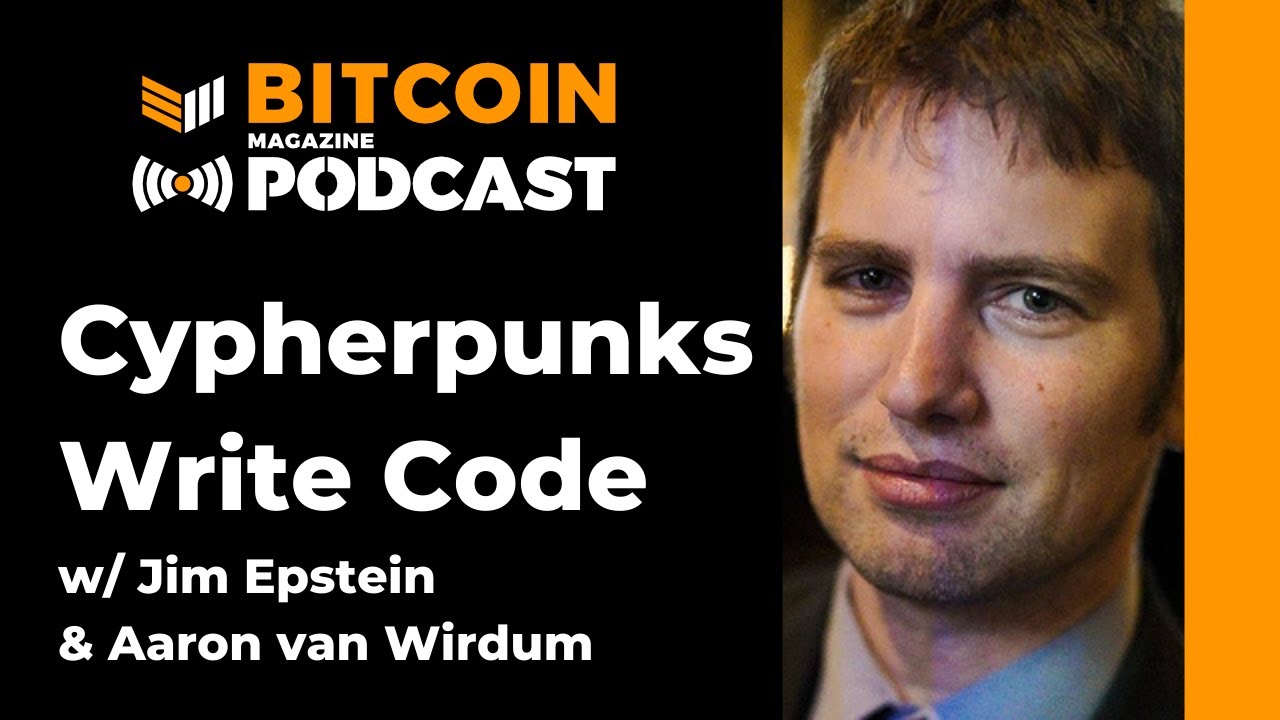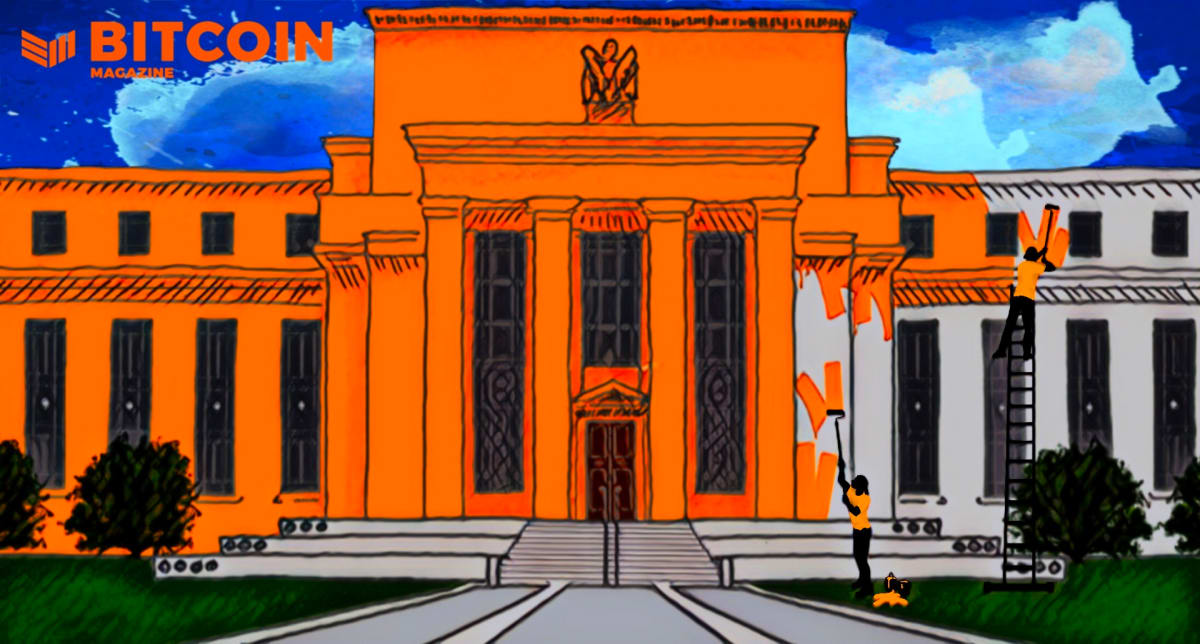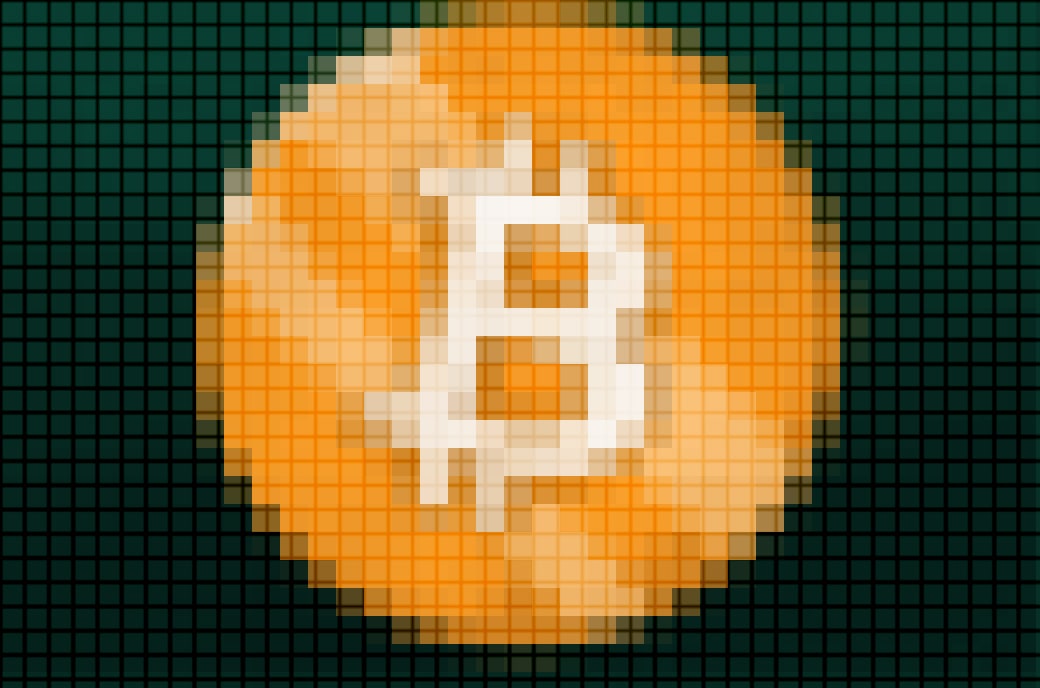Ukrainian Mobile Only Bank Monobank To Provide Bitcoin Trading Services
Monobank will integrate bitcoin exchange services to allow its customers to buy and sell BTC from its mobile banking app.
Ukrainian mobile-only bank Monobank will provide its customers with bitcoin trading services later this month, announced the company’s co-founder, Oleg Gorokhovsky. The e-bank has already completed its BTC-exchange integration and is awaiting approval from the National Bank of Ukraine (NBU).
The executive, a public endorser of bitcoin, also shared that the new feature will bring a debit card denominated in BTC, allowing users to buy and sell bitcoin “conveniently.” Although the NBU’s approval is still pending, Gorokhovsky expects the integration to be released this month.
Previously a deputy board chairman at Ukraine’s largest bank, PrivatBank, Gorokhovsky shared the news on his blog-like Telegram channel. According to Tech Ukraine, the executive left PrivatBank after its nationalization at the end of 2016 and joined other senior executives to build Monobank. The project was reportedly made possible by a collaboration between Universal Bank JSC and IT consulting firm Fintech Band, having launched in November 2017.
If the NBU gives Monobank the green light for its new BTC integrations, Ukraine might see a meaningful increase in Bitcoin activity. With a user base of more than 2.5 million people as of August 2020, Ukraine’s first e-bank might bring a more convenient avenue for its clients to obtain exposure to bitcoin’s price, potentially increasing bitcoin adoption and usage in the country.
However, Gorokhovsky didn’t share much information on customers’ ability to withdraw their BTC once the integration is deployed; it remains unclear whether those who wish to take control of their funds would be able to do so. If not, the bitcoin purchased through Monobank would effectively function as an IOU –– the e-bank would “owe” the buyer that amount of BTC and prevent the customer from enjoying true financial sovereignty. On the other hand, if Monobank does end up implementing bitcoin withdrawal services, then the e-bank might not only deepen adoption but also help spread some of the fundamental principles on which the best form of money was built.
On the Bitcoin regulatory side, Ukraine has seen new frameworks be approved recently. The deputy minister of the Ministry of Digital Transformation announced on June 30 that a draft bill “On Virtual Assets” has been updated and recommended for adoption. The main innovations, the deputy minister said, relate to the competencies of the National Bank and the National Securities Commission as co-regulators of bitcoin and cryptocurrencies. Furthermore, on the same day, the Ukrainian parliament passed new legislation to regulate payment methods, including ones that relate to the country’s own central bank digital currency (CBDC).









